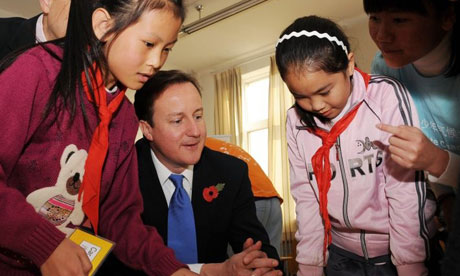The Centre of Adult and ContinuingEducation, Aligarh Muslim University with the collaboration of renowned Hindi literary magazine "Vartaman Sahitya", organized a programme on "Various Aspects of Female Education" at the university.
On this occasion, the book "Muslim Female Education: From Veils to Moon" by AMU Public Relations Officer, Dr. Rahat Abrar was released.
Commenting on the book, eminent Hindi critic and former Head of the Department of Hindi, Prof. Pradeep Saxena said that the book written on a serious subject in easy language does not only seek to make an entry in the elite class but it also satisfies the quest for knowledge on the issue among common people.
Prof. Saxena said that the colonial mentality and ideology is the biggest hindrance in socialdevelopment, which does not allow history to be analyzed rationally.
The movement initiated by Sir Syed Ahmad Khan sought to free education from the colonial dogmas along with the promotion of modern education, he observed.
Prof. Saxena said that Dr. Rahat Abrar has written a very informative book on the Muslim female education citing the history of Aligarh Movement that witnessed the contributions of numerous Muslim women of high order.
While presiding over the programme, former Principal of AMU Women's College and former Director of Women's Study Centre, Prof. Zakia A. Siddiqui said that the killing of female child before or after death is still prevalent in our society.
The dowry devil is rampant causing destruction of a number of families and female education in India is still a toddler. There is an urgent need of another Sheikh Abdullah who could revive female education movement in order to bring complete awakening in the society, she observed.
The editor, Vartaman Sahitya, Dr. Namita Singh said that women need to be self dependent economically in order to be empowered and get rid of the chauvinistic clutches of male dominant social order.
The Director, Adult and Continuing Education, Dr. Mah Seema Masood highlighted the features of informal mode of education and urged the people to adopt a positive outlook to be optimistic in their efforts.
The Chief Guest and MLC, Mr. Vivek Bansal observed that discrimination against women is an international phenomenon, yet India presents the brightest side of thepicture that the President of Indian republic and Lok Sabha speaker are women and it has had a woman prime minister too. Mr. Bansal said that women have to be educated for all round development of the country.
Eminent social worker and educationist, Mr. Harnarayan Singh said that a national survey should be made to find out how women's social status is largely determined by their economic condition.
Conducting the programme, Mr. Ajay Bisaria said that different social organizationscould lead a national movement for female education. He also recited the famouscouplet of great poet Majaz. On this occasion, Salma Kanwal recited a poem dedicated to women.



